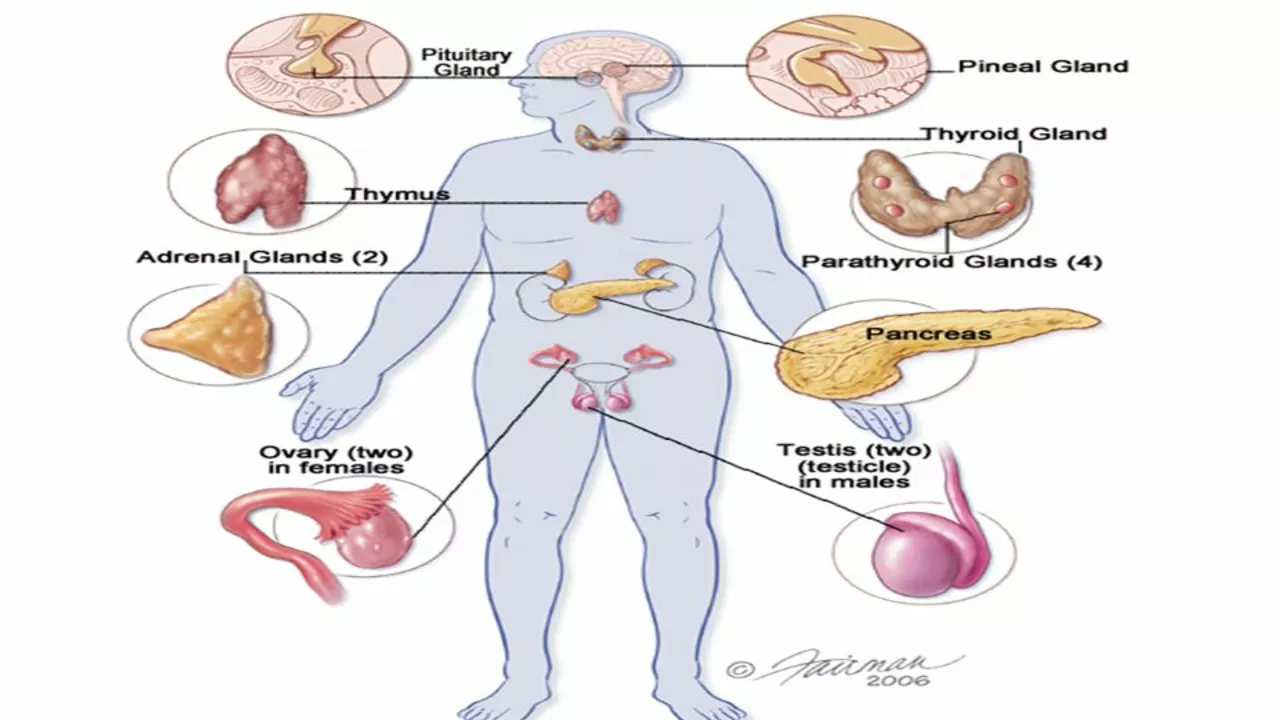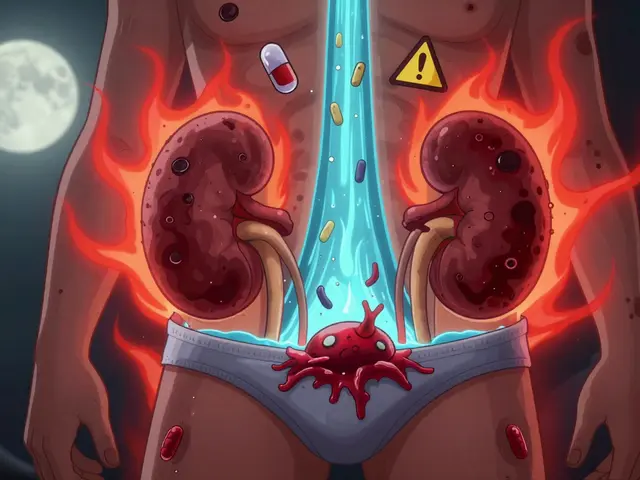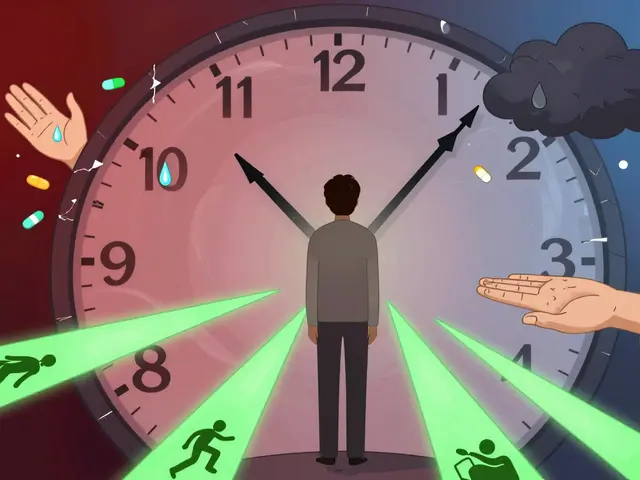Hormonal imbalance: signs, tests and simple fixes
Ever feel tired, moody, and like your body won't cooperate no matter what you try? Hormones control a lot more than you think — energy, sleep, weight, sex drive, skin and even mood. When they slip out of balance, life gets noisy. The good news: many common hormone problems are testable and treatable, and you don't have to accept feeling off as "just aging."
When to check your hormones
Watch for clear patterns, not one-off bad days. Missed or irregular periods, sudden weight gain or loss without a change in diet, persistent fatigue that sleep doesn't fix, new hair loss or excess facial hair, night sweats, long-term low mood, low libido, or trouble getting pregnant are all red flags. If multiple signs show up together, talk to your doctor about hormone testing.
Common tests your clinician may order include thyroid function (TSH, free T4), sex hormones (estradiol, progesterone, testosterone), cortisol for stress response, and basic metabolic panels that catch diabetes or insulin resistance. Timing matters: some tests need a specific day of your cycle or morning blood draws. Ask what timing they recommend.
Practical steps you can start today
While you arrange tests and see a clinician, try practical changes that help most hormonal issues. Sleep: aim for consistent bed and wake times, and get at least 7 hours. Sleep drives hormone reset. Move: regular moderate exercise improves insulin sensitivity and mood — try brisk walks or strength training three times a week. Food: cut back on added sugars and refined carbs, eat steady protein at meals, and include healthy fats like olive oil and nuts. These choices stabilize blood sugar and sex hormones.
Stress management matters. Chronic stress raises cortisol and can throw other hormones off. Small habits work: 5–10 minutes of deep breathing daily, short walks, or limiting doom-scrolling before bed. If you smoke or drink heavily, cutting back can produce quick wins for hormone balance.
Some symptoms need medical treatment. Thyroid disorders often require medication. Polycystic ovary syndrome (PCOS) may respond to lifestyle changes plus medication like metformin or hormonal birth control depending on goals. Men with low testosterone might benefit from evaluation and a targeted plan. Never start hormone therapy without proper testing and a prescriber.
Track your symptoms in a simple journal or app — note sleep, energy, mood, cycle dates, and medications. This makes it easier for your clinician to spot patterns and choose the right tests. If symptoms are severe—sudden weight gain, fainting, chest pain, or severe mood swings with thoughts of harming yourself—seek urgent care.
Want more practical reads? Check out our guides on hair-loss treatments, lupus and pregnancy planning, and diabetes medication options to see how hormones tie into different conditions. Hormone issues can be frustrating, but with the right tests and a few daily habits, most people see real improvement fast.
The Role of Hyperprolactinaemia in Hormonal Imbalance
In my latest blog post, I explored the role of hyperprolactinaemia in hormonal imbalance. Hyperprolactinaemia is a condition where the body produces excessive amounts of prolactin, a hormone responsible for milk production and regulation of the menstrual cycle. This overproduction can lead to several health issues, such as irregular periods, infertility, and even mood swings. I discovered that various factors, including stress, medications, and medical conditions, can contribute to this hormonal imbalance. Understanding and managing hyperprolactinaemia is crucial for maintaining our overall health and well-being.






